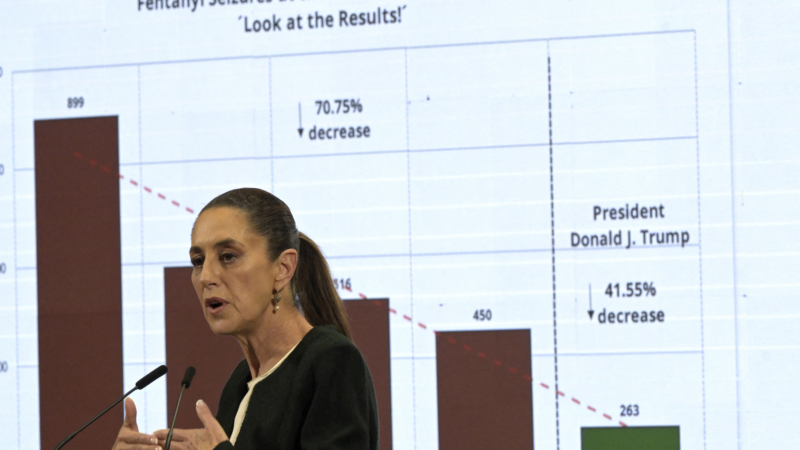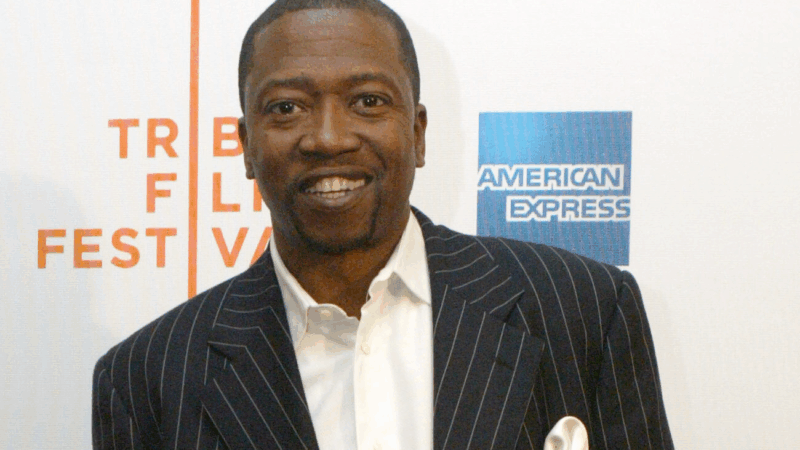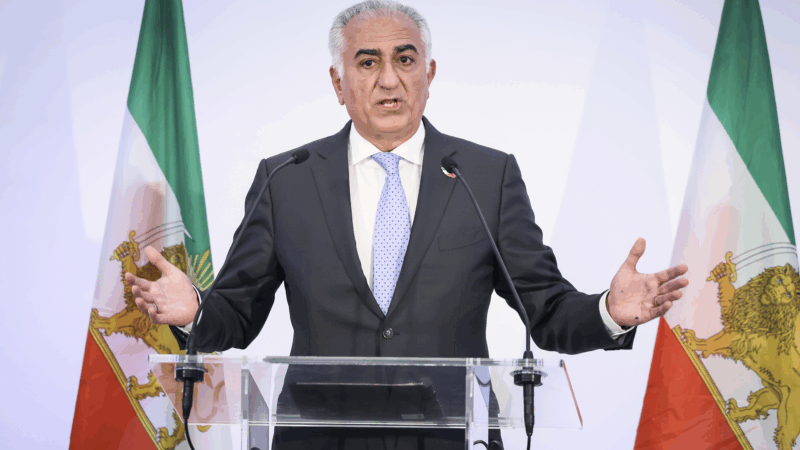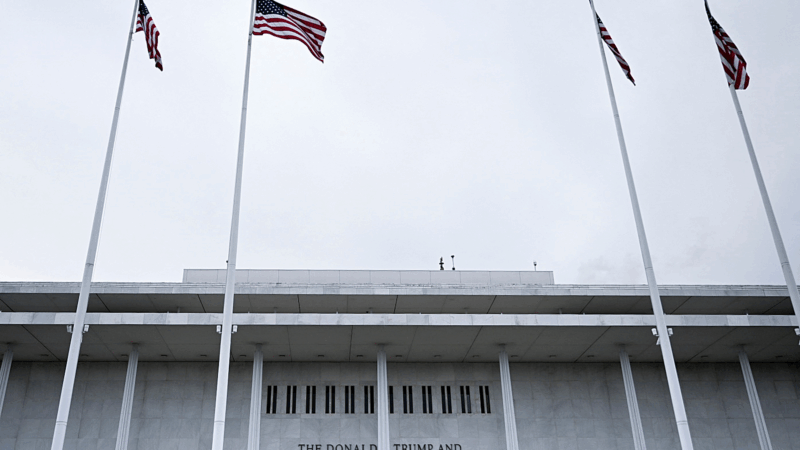Trump’s latest tariff twist: a break for Mexico and Canada
Two days after putting 25% tariffs on goods from Mexico and Canada, President Trump said on Thursday that he will largely lift them — the latest twist in his on-again, off-again approach to an issue that has sent markets into a tailspin.
Trump started to tap the brakes on the tariffs on Wednesday, after talking to the Big 3 U.S. automakers. And then after a conversation with Mexican President Claudia Sheinbaum on Thursday, he said on social media that he would give a break to all Mexican goods covered by the U.S-Mexico-Canada Agreement (USMCA).
“I did this as an accommodation, and out of respect for, President Sheinbaum,” Trump said in his post, thanking Sheinbaum for her work addressing migration and fentanyl trafficking.
A few hours later, he signed executive orders that included relief for Canadian goods covered by the USMCA.
The break lasts until April 2 — or maybe longer
The reprieve will last until at least April 2, when Trump plans to begin “reciprocal tariffs” on goods from a wider range of countries.
The rates, products and countries affected by the upcoming reciprocal tariffs are still to be determined.
Canada and Mexico may avert the 25% tariffs beyond April 2, if they show they have made more progress curbing fentanyl trafficking, a senior administration official told reporters on a conference call ahead of the signing, speaking on condition of anonymity.

Trump originally planned to start the tariffs on Feb. 1 to push the U.S. neighbors to do more stop migration and drug trafficking — but then delayed them by a month.
Then last week, he told reporters he was looking at April 2 as a start date for the tariffs — before reversing and putting them in place on March 4.
Mexico made its case with charts
Canada and Mexico beefed up border enforcement to try to avoid the tariffs. Prime Minister Justin Trudeau spoke to Trump on Wednesday evening in a call he described as “colorful,” telling reporters afterward that Canada should expect to be in a trade war with the United States for the foreseeable future.
Sheinbaum described her phone call with Trump as “respectful.” She said she walked Trump through a set of his own government’s statistics showing a huge drop in the amount of fentanyl being seized by border authorities.
“I asked him, ‘How can we continue to collaborate if the U.S. is doing something that hurts the Mexican people?'” Sheinbaum told reporters. She explained that it wasn’t a threat. “I just asked him to understand my position,” she said.
Sheinbaum had been set to announce retaliatory measures at a mass rally on Sunday. Now, she said it will be a celebration.
Veteran actor T.K. Carter, known for ‘The Thing’ and ‘Punky Brewster,’ dies at 69
T.K. Carter gained fame as Nauls the cook in John Carpenter's 1982 horror classic, "The Thing."
Who is Reza Pahlavi, the exiled Crown Prince encouraging demonstrations across Iran?
In exile for nearly 50 years, Iran's Crown Prince Reza Pahlavi has issued calls urging Iranians to join protests sweeping the country. But support for him may not be clear cut.
US launches new retaliatory strikes against ISIS in Syria after deadly ambush
The U.S. has launched another round of strikes against the Islamic State in Syria. This follows last month's ambush that killed two U.S. soldiers and an American civilian interpreter.
6 killed in Mississippi shooting rampage, authorities say
The alleged gunman, 24, has been charged with murder after the Friday shootings in northeast Mississippi. The victims include his father, uncle, brother and a 7-year-old relative, authorities said.
Washington National Opera leaves Kennedy Center, joining slew of artist exits
The WNO is just the latest to say they will no longer perform at the Kennedy Center since Trump took over last year.
Ukrainian drones set fire to Russian oil depot after Moscow launches new hypersonic missile
The strike comes a day after Russia bombarded Ukraine with hundreds of drones and dozens of missiles, including a powerful new hypersonic missile that hit western Ukraine.






